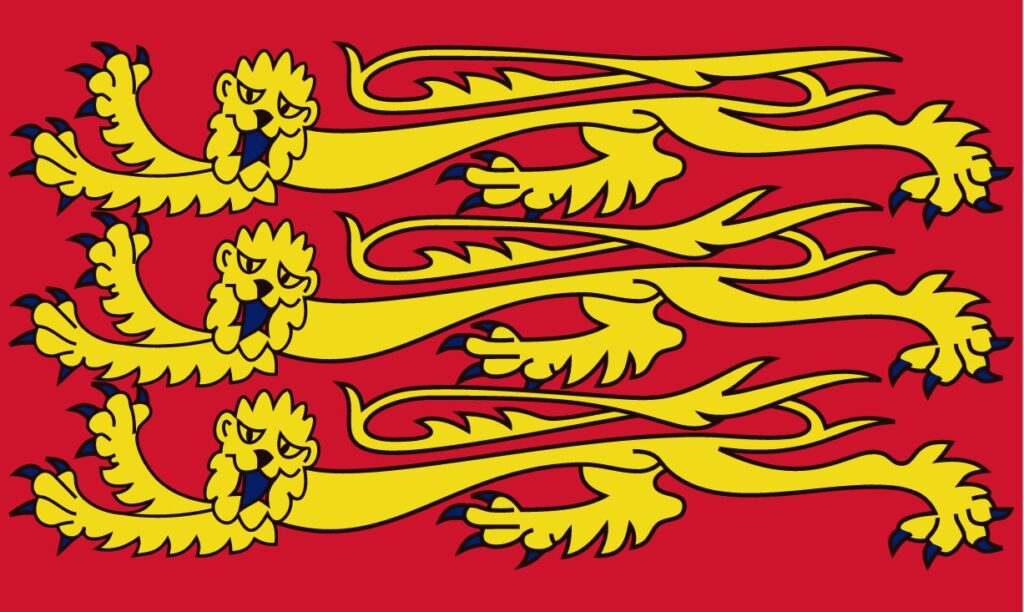The nobility, at Runnymede, coerce John (r. 1999 – 1216) at the point of a sword, into signing the Magna Carta, Chapters 1, 12, 13, 20, 28, 35, 39 and 61 provide for,
- Independence of the Catholic Church;
- No taxation without representation;
- Respect for the liberties of the subjects of London, and throughout the realm;
- Excessive fines shall not be imposed;
- Property shall not be taken without just compensation;
- Guaranteeing a uniform standard of weights and measures;
- Freemen shall not be punished except by Trial by Jury;
- Provide due process by which the king is be confronted with transgressions against the rights of the nobility, AND the process by which the king may be overthrown.
NOTE: This the first time in all of human history that the powers of government have been limited by contract.
Question: Would Romans 13 Christians consider the barons standing up for their rights against a despotic king to be a sin?
[restored 9/8/2024]
Subsequent Events:
Authority:
References:
Winston Churchill, A History of the English-Speaking Peoples, four volumes, (London: Cassell, 1956-58), 1:253-57.
Arthur R. Hogue, Origins of the Common Law, (Bloomington: University of Indiana Press. 1966; Indianapolis: Indiana: Liberty Fund, 1984), 53.
The Avalon Project : Magna Carta
avalon.law.yale.edu/medieval/magframe.asp


